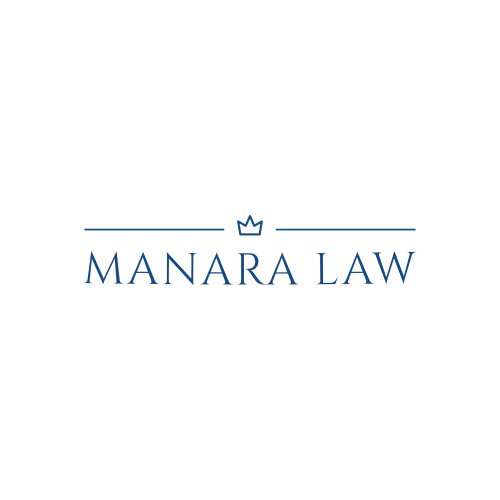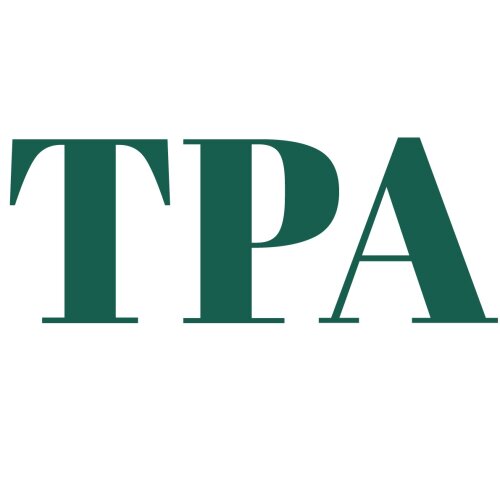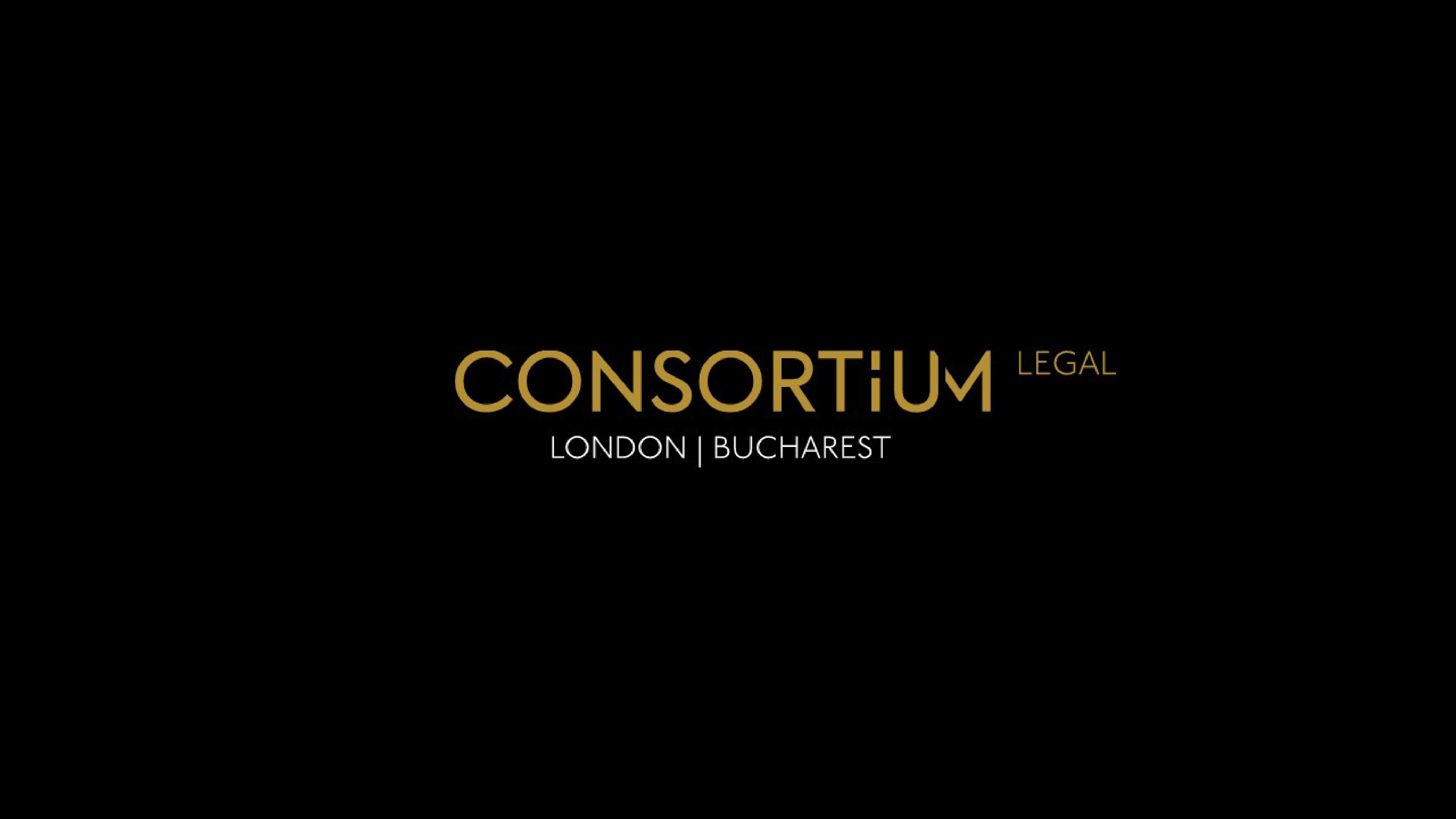Best Nonprofit & Charitable Organizations Lawyers in London
Share your needs with us, get contacted by law firms.
Free. Takes 2 min.
List of the best lawyers in London, United Kingdom
About Nonprofit & Charitable Organizations Law in London, United Kingdom
Nonprofit and charitable organizations play a significant role in London’s social and economic fabric, delivering vital services and support across a broad spectrum of needs. These organizations operate under a unique legal framework designed to support their charitable purpose while ensuring accountability and compliance. Nonprofits in London can take various forms, including charities, social enterprises, and community interest companies (CICs), each with specific legal requirements and benefits. Understanding the legal landscape of nonprofit operations in London is crucial for both established organizations and those in the formation stage.
Why You May Need a Lawyer
Legal assistance is often essential for nonprofit and charitable organizations to navigate the complexities of formation, governance, compliance, and operation. Common situations where legal help is necessary include:
- Establishing a new nonprofit or charitable organization, including choosing the appropriate legal structure.
- Registering with the Charity Commission for England and Wales.
- Ensuring compliance with applicable charity laws and regulations, including filing requirements and reporting standards.
- Drafting and reviewing organizational documents such as articles of association, bylaws, and governance policies.
- Advising on employment law and managing volunteers.
- Assisting with fundraising and tax issues, including Gift Aid and VAT.
- Handling disputes within the organization or with external parties.
- Advising on mergers, collaborations, or winding up the organization.
Local Laws Overview
Nonprofit and charitable organizations in London must adhere to specific legal requirements. Key aspects of the local laws include:
- Charity Registration: Organizations with charitable purposes and income above a certain threshold must register with the Charity Commission.
- Governance: Charities must have trustees responsible for the management and administration, adhering to the Charity Governance Code.
- Reporting Requirements: Charities are required to file annual accounts, reports, and returns depending on their income level.
- Tax and Fundraising Regulations: Charitable organizations must comply with tax exemptions and fundraising rules, ensuring proper use of donations and fundraising practices.
- Incorporation and Structure: Options include charitable companies, charitable incorporated organizations (CIOs), and community interest companies (CICs), each with distinct obligations.
Frequently Asked Questions
What is the legal definition of a charity in London?
A charity in London is defined by its purposes, which must be exclusively charitable and for the public benefit as outlined in the Charities Act.
How do I register a charity in London?
Registration entails applying to the Charity Commission with details about the charity’s purpose, activities, and trustees. The organization must meet eligibility criteria.
What are the fiduciary duties of charity trustees?
Trustees must act in the best interest of the charity, comply with its governing document, safeguard its assets, ensure proper financial management, and act with reasonable care and skill.
Can a charity generate profit?
While charities can generate profit, all profits must be reinvested in furthering the charitable objectives. They cannot be distributed to members or trustees.
What is Gift Aid?
Gift Aid allows charities to claim an extra 25p for every £1 donated by UK taxpayers, effectively increasing the value of donations at no extra cost to the donor.
Are charities exempt from paying tax?
Charities can access various tax exemptions and reliefs, but they must meet specific criteria and keep accurate records to qualify for these benefits.
What is the role of the Charity Commission?
The Charity Commission regulates charities in England and Wales, ensuring compliance with legal requirements, maintaining a register of charities, and providing guidance and support.
Do charities need insurance?
Charities often need insurance to protect against potential risks, including public liability, employer’s liability, and property insurance.
How can a charity handle disputes among trustees?
Dispute resolution can involve mediation, use of conflict resolution policies, or legal intervention if necessary, while ensuring minimal disruption to charity operations.
Can a charity pay its trustees?
Generally, trustees are not paid for their role, but they can be reimbursed for reasonable expenses. Payments can occur under certain conditions with Charity Commission approval.
Additional Resources
Individuals seeking more information can access several resources and organizations:
- The Charity Commission for England and Wales: A primary regulator providing guidance and oversight.
- NCVO (National Council for Voluntary Organisations): Offers resources and support for charities and nonprofits in the UK.
- CIC Regulator: Provides information and assists Community Interest Companies.
- The Law Society: Offers directories to find specialized charity and nonprofit lawyers.
Next Steps
If you need legal assistance in the field of nonprofit and charitable organizations, consider the following steps:
- Define your specific legal needs and issues to have a precise understanding of your requirements.
- Research and consult with a lawyer who specializes in charity law to get expert advice tailored to your organization’s situation.
- Prepare necessary documents and information before meeting a legal professional to facilitate efficient discussions and advice.
- Explore guidance and resources from regulatory bodies such as the Charity Commission for preliminary information and support.
Legal expertise can be invaluable in ensuring that your nonprofit or charitable organization operates smoothly and in compliance with local laws, ultimately supporting its mission and objectives effectively.
Lawzana helps you find the best lawyers and law firms in London through a curated and pre-screened list of qualified legal professionals. Our platform offers rankings and detailed profiles of attorneys and law firms, allowing you to compare based on practice areas, including Nonprofit & Charitable Organizations, experience, and client feedback.
Each profile includes a description of the firm's areas of practice, client reviews, team members and partners, year of establishment, spoken languages, office locations, contact information, social media presence, and any published articles or resources. Most firms on our platform speak English and are experienced in both local and international legal matters.
Get a quote from top-rated law firms in London, United Kingdom — quickly, securely, and without unnecessary hassle.
Disclaimer:
The information provided on this page is for general informational purposes only and does not constitute legal advice. While we strive to ensure the accuracy and relevance of the content, legal information may change over time, and interpretations of the law can vary. You should always consult with a qualified legal professional for advice specific to your situation.
We disclaim all liability for actions taken or not taken based on the content of this page. If you believe any information is incorrect or outdated, please contact us, and we will review and update it where appropriate.

















